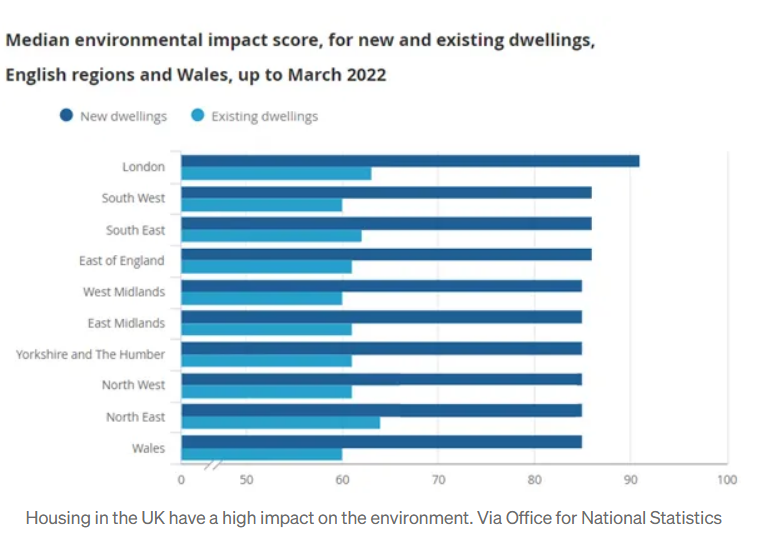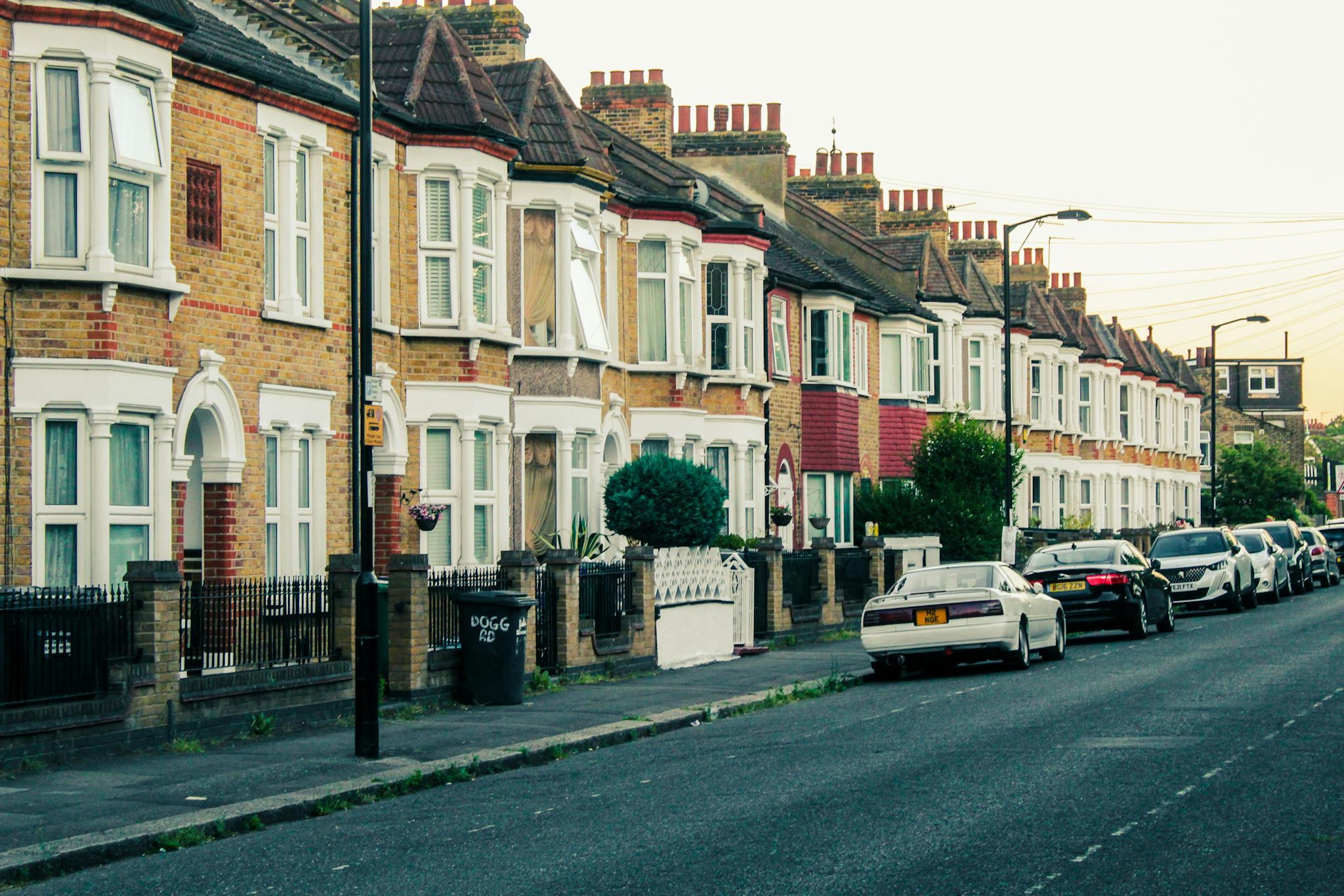Sunak’s scrapping of energy efficiency targets will keep homes hard to keep warm this winter, charity warns
Warm this Winter, a leading housing charity has warned that Sunak’s U-turn on energy efficiency standards in homes could end up costing homeowners and taxpayers more in the long-term, as well as contributing to the widespread issue of cold and damp homes this winter.
In September of 2023 Rishi Sunak announced a range of U-turns on existing climate policy just months ahead of the COP28 summit. Included in these reversals was the scrapping of policies to phase out gas boilers and pushing back the proposed ban on the sale on new petrol and diesel cars until 2035.
Alongside these changes, Sunak also announced a shift in energy efficiency regulations for housing across the UK. With plans to force private landlords of rented accommodations to improve energy efficiency ratings in their properties removed.
Under the new regulations, landlords and homeowners will not longer be forced to upgrade their properties energy performance certificate (EPC) grade to C by 2035. With Sunak claiming property owners would no longer have to pay for “expensive insulation upgrades”.
However, Warm this Winter, a housing charity advocating for changes to the UK’s energy system, warned that the decision would end up costing both homeowners and taxpayers more in the long-term and exacerbate the existing problem of cold homes this winter.
Fiona Waters, a spokesperson for Warm this Winter, said.
“Our latest research revealed over eight million people in the UK will have spent Christmas living in Dickensian conditions, with more than a million of the country’s most vulnerable adults currently living in cold damp homes.”
The potential health risks associated with living in cold and damp homes are numerous, with the NHS warning of an increased likelihood of developing respiratory problems and infections, as well as serious asthma.
Waters explained that it is not only these health risks that inhabitants of cold and damp homes face.
“Damp and mould can also affect the immune system, while living in such conditions can also increase the risk of heart disease, heart attacks or strokes.
Cold homes can cause and worsen respiratory conditions, cardiovascular diseases, poor mental health, dementia and hypothermia as well as cause and slow recovery from injury.”
Heading into 2024, research from Uswitch placed the average UK electricity bill at £853.30 per year, and while they claim energy bills have been falling, they have the potential to rise in the coming months.
Waters argues that bills could be cheaper if the government addressed low energy efficiency grades.
“When one in every four pounds spent on heating is currently wasted, and almost 19 million UK homes are ranked in the bottom rungs for energy efficiency, upgrading the UK’s homes with, for example, better insulation will save households and taxpayers money.”
Not only do poor energy efficiency standards force homeowners and renters to shell out more for energy costs, but they also have a detrimental effect on the climate as a whole.

Research from the National Housing Federation revealed that England’s homes produce more carbon emissions annually than is produced by all the country’s cars, this according to their most recent figures in 2021.
According to the report, England’s roughly 25 million homes produce nearly 60 million tonnes of CO2 annually, more than the combined emissions of 28 million personal cars. The reports shed some light on a drastic fact.
“This means the average family or household in England is currently producing more CO2 every year just by living in their home than they are by driving.”
While there are some in the UK, that are voluntarily upgrading their homes energy efficiency grades, the task is made significantly more difficult for private renters, as landlords now have no legal obligation to upgrade their properties energy efficiency.

Post a comment